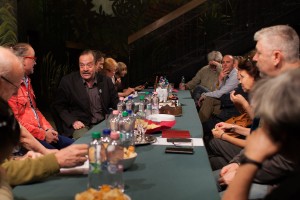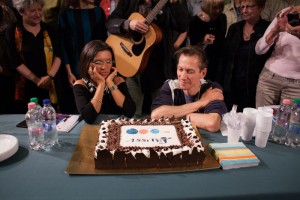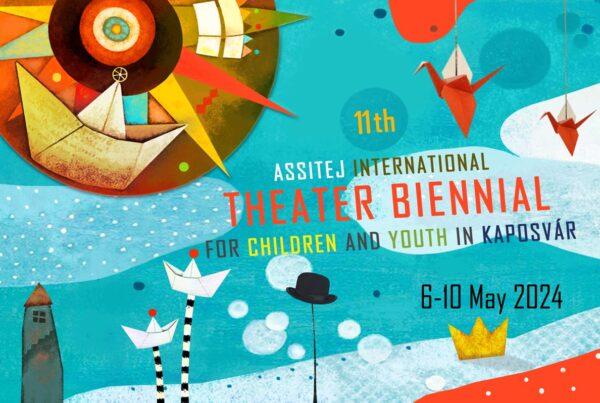ASSITEJ celebrates its 50th anniversary this year. On this occasion, ASSITEJ Hungary organized a celebration in Kolibri Theatre, Budapest.
János Novák, president of ASSITEJ Hungary announced that the selection of performances to the 8th International Biennale for National and International Theatres of Children and Young People at Kaposvár has started. The selector is going to be Mónika Sz?cs, theatre critic, drama teacher.







